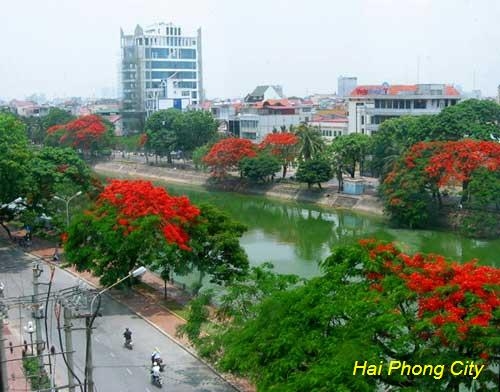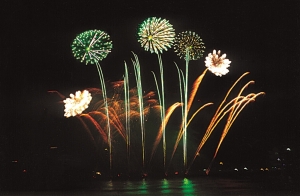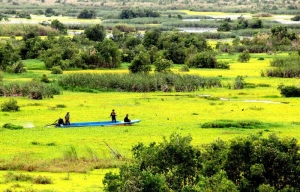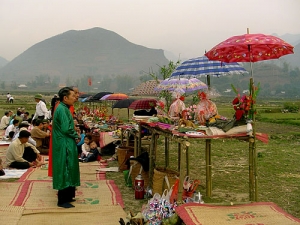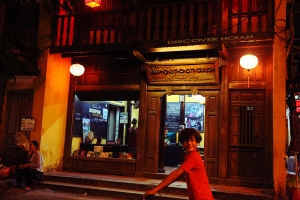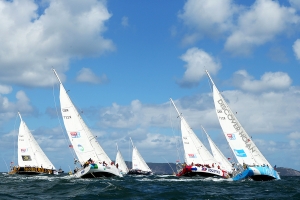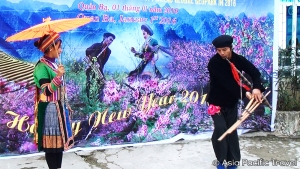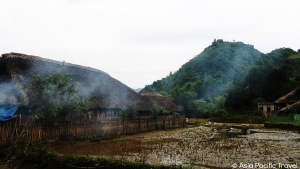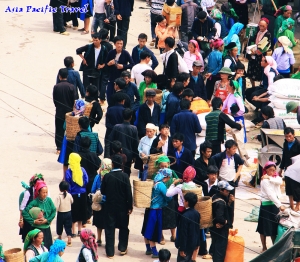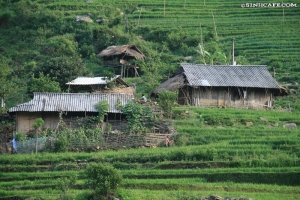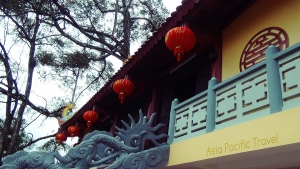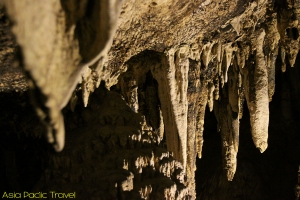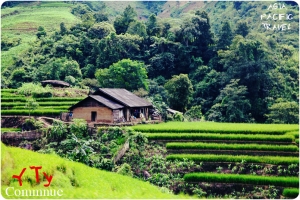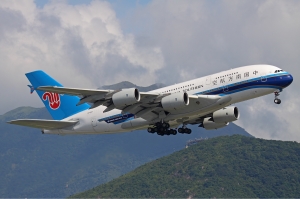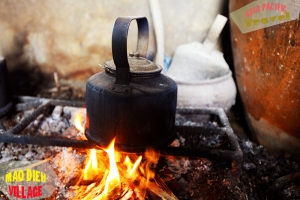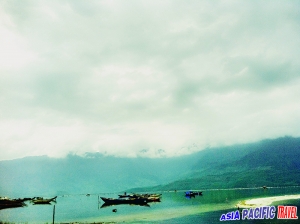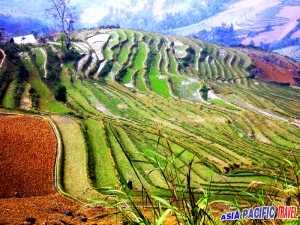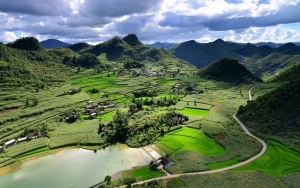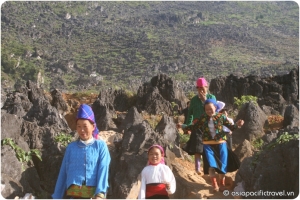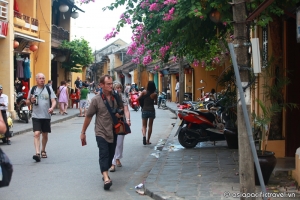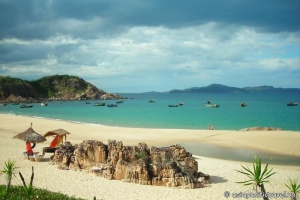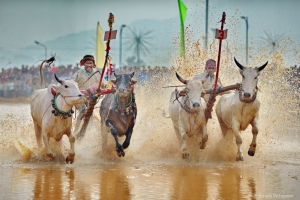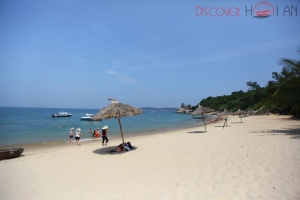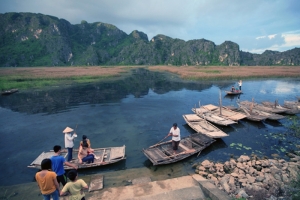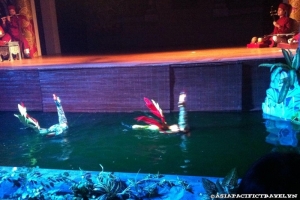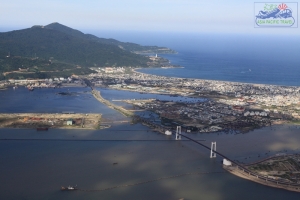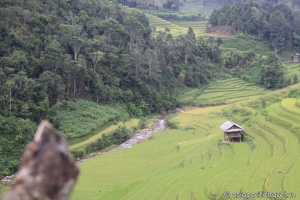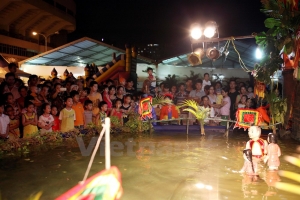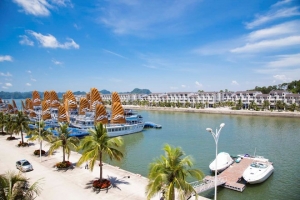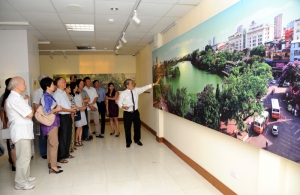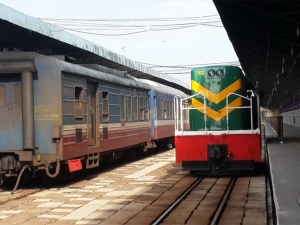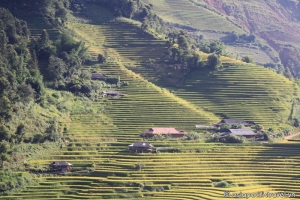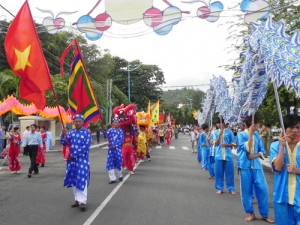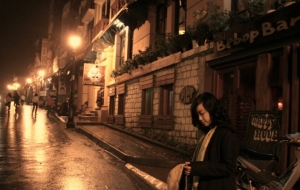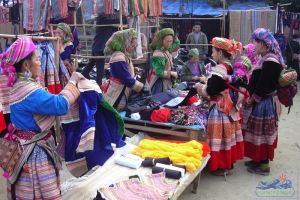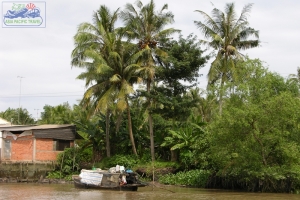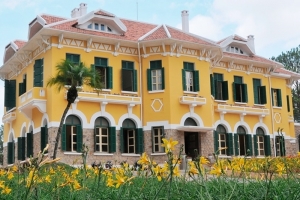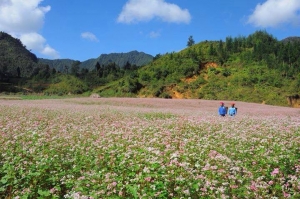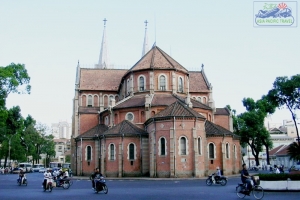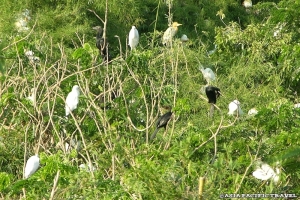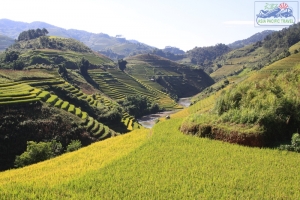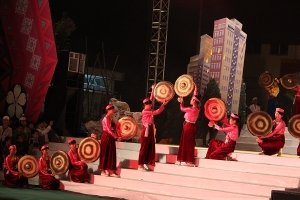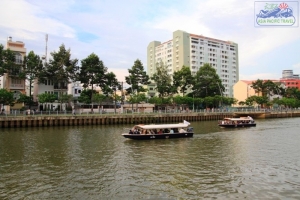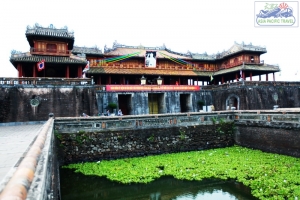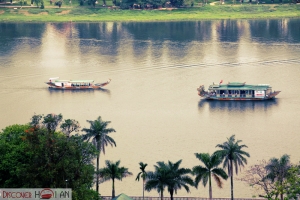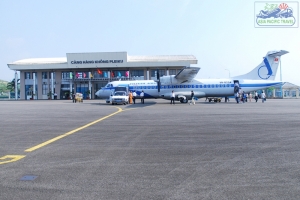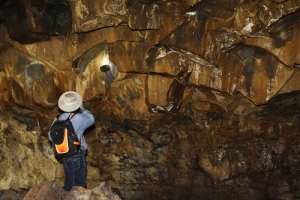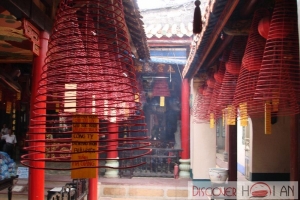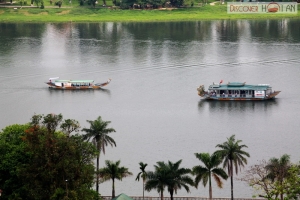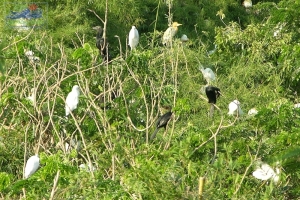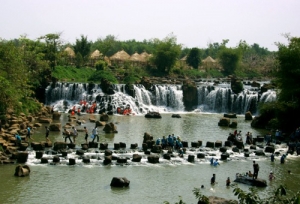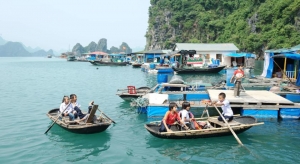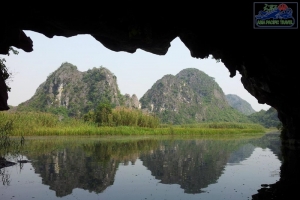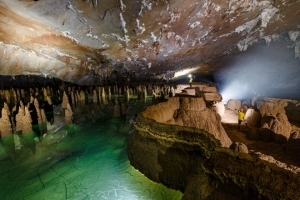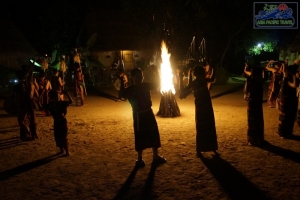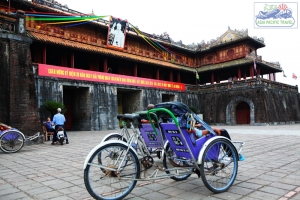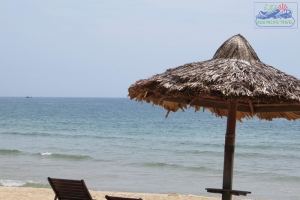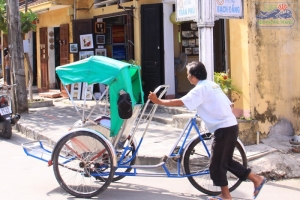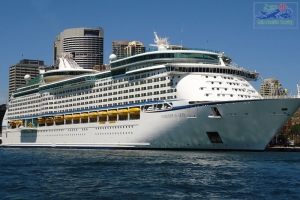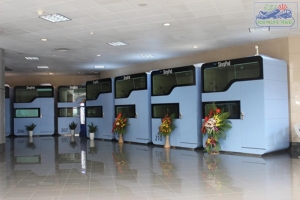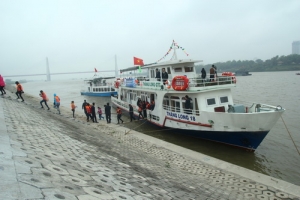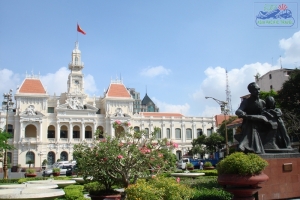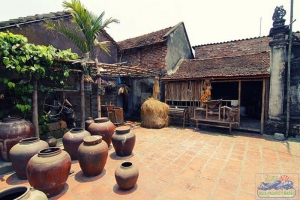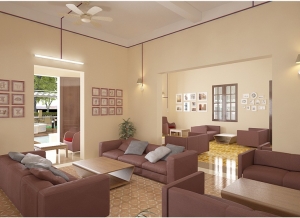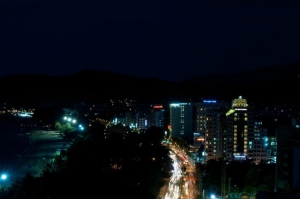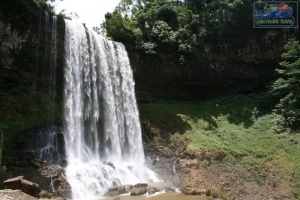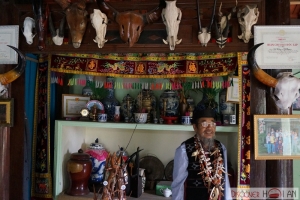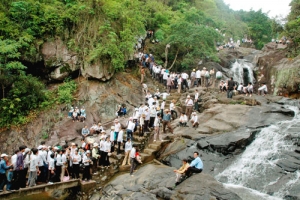Square: 1,520.7 km2.
Population: 1857,8 thousand people (2010):
Districts: Hong Bang, Ngo Quyen, Le Chan, Kien An, Hai An, Duong Kinh, Do Son,Thuy Nguyen, An Duong, An Lao, Kien Thuy, Tien Lang, Vinh Bao, Cat Hai, Bach Long Vi.
OVERVIEW
Hai Phong is a large city with an important seaport of Vietnam. Hai Phong is near Quang Ninh Province to the north, Hai Duong Province to the west, and Thai Binh Province to the south. Because of the proximity to the East Sea, Hai Phong's weather is affected by inter-tropical monsoons. The annual average temperature varies between 23ºC and 24ºC.
HISTORY
Hai Phong was originally founded by Lê Chân, the female general of a Vietnamese revolution against the Chinese led by the Trưng Sisters (Hai Bà Trưng) in the year 43 C.E. The area which is now known as Duong Kinh District was once known as Hai tan Phong thu ("defensive coastal area"), and served as the second capital of the Mac dynasty (1527–1592). At the end of Nguyen Emperor Tu Duc's reign, the headquarters of An Duong District was also moved to Hang Kenh Communal House, which now belongs to Le Chan district.
Haiphong was one of Vietnam's principal ports and trading centers. When the country was invaded by the French, the city became France's main naval base in Indochina. After World War II, when Vietnam attempted to regain its independence, Hai Phong was the site of the first military action undertaken by the French, as punishment for the death of three French soldiers. Some sources claim that the French heavy cruiser Suffren bombarded the city, while others claim it was not Suffren but 3 avisos or sloops, supported by Suffren, the ships that bombarded the city and adjacent fields in an aggression that contributed to the start of the First Indochina War. French infantry forces under the command of Jean-Étienne Valluy invaded the city and fought house to house with support from armored units and jet fighters
GEOGRAPHY
Hai Phong is a large city with an important seaport of Vietnam. Hai Phong is near Quang Ninh Province to the north, Hai Duong Province to the west, and Thai Binh Province to the south.
CLIMATE
Because of the proximity to the East Sea, Hai Phong's weather is affected by inter-tropical monsoons. The annual average temperature varies between 23ºC and 24ºC.
TOURISM
Hai Phong has many temples, pagodas, mausoleums and shrines such as ancient Du Hang Pagoda, Nghe Temple, Hang Kenh Communal House... Hai Phong has famous historical Bach Dang River, where the national heroes defeated three Chinese feudal invasions. The third victory over the Yuan-Mongolians was known all over the world. Many of the teakwood pointed spikes have been discovered in this river. Hai Phong is on tourism route: Hanoi - Hai Phong - Halong Bay. Do Son Beach, located 20km from Hai Phong, is a sand strip for bathing. However, during the monsoon season, the Red River's alluvial sands cause the water to turn yellow. From Do Son, tourist can visit Cat Ba National Park, and continue to Bai Tu Long Bay and Halong Bay (Quang Ninh Province).

Buffalo Fighting - Do Son - Hai Phong City
Hai Phong is also famous for many festivals, of which Choi Trau Festival (Do Son Buffalo-fighting festival) in Do Son District is unique.
TRANSPORT
Hai Phong is served by an important transportation network of sea routes, roads, railways, and airlines.
Road: The National Highway No. 10 links Hai Phong to the provinces of Quang Ninh, Thai Binh and Thanh Hoa. Hai Phong is 102km from Hanoi.
Airlines: There are connecting daily flights with Ho Chi Minh City, departed from Cat Bi Airport.
Railway: There are trains from Hanoi to Hai Phong and vice versa.
Boat: Daily ferries from the dock on Ben Binh St. for other destinations. The ferry runs from Hai Phong to Cat Ba Island several times a day. The hydrofoil boats run between Hai Phong - Cat Ba and Hai Phong - Hon Gai. The high-speed air-condition Thong Nhat Boat leave daily from Hai Phong to Cat Ba.


